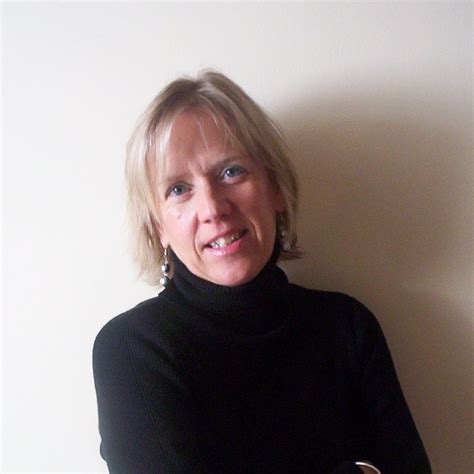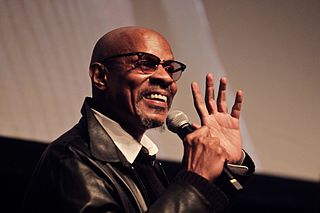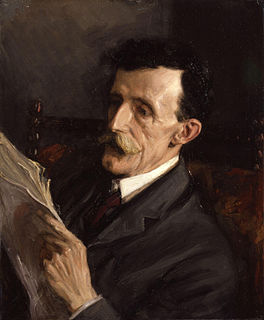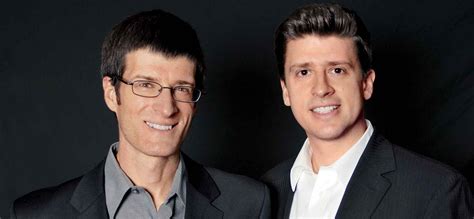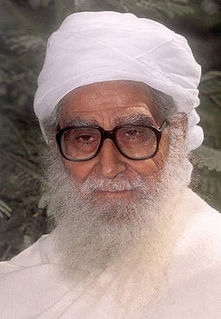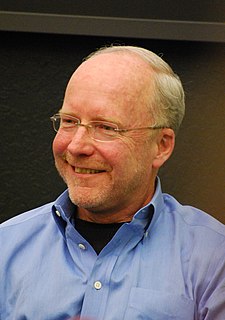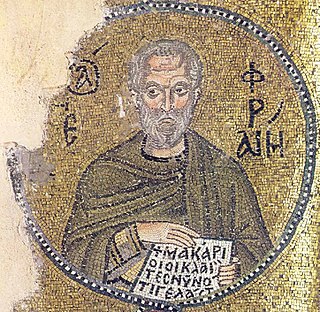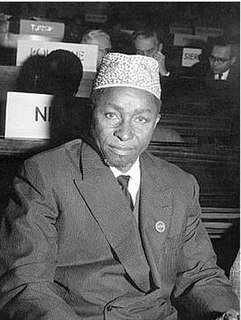Top 1200 Thirst For Knowledge Quotes & Sayings - Page 2
Explore popular Thirst For Knowledge quotes.
Last updated on April 19, 2025.
The knowledge we now consider knowledge proves itself in action. What we now mean by knowledge is information effective in action, information focused on results. Results are outside the person, in society and economy, or in the advancement of knowledge itself. To accomplish anything this knowledge has to be highly specialized.
To run with the wolf was to run in the shadows, the dark ray of life, survival and instinct. A fierceness that was both proud and lonely, a tearing, a howling, a hunger and thirst. Blessed are they who hunger and thirst. A strength that would die fighting, kicking, screaming, that wouldn't stop until the last breath had been wrung from its body. The will to take one's place in the world. To say 'I am here.' To say 'I am.
It is because Jesus Christ experienced cosmic thirst on the cross that you and I can have our spiritual thirst satisfied. It is because he died that we can be born again. And he did it gladly. Seeing what he did and why he did it will turn our hearts away from the things that enslave us and toward him in worship. That is the gospel, and it is the same for skeptics, believers, insiders, outcasts, and everyone in between.
We should not be content to say that power has a need for such-and-such a discovery, such-and-such a form of knowledge, but we should add that the exercise of power itself creates and causes to emerge new objects of knowledge and accumulates new bodies of information. ... The exercise of power perpetually creates knowledge and, conversely, knowledge constantly induces effects of power. ... It is not possible for power to be exercised without knowledge, it is impossible for knowledge not to engender power.
At the outset do not be worried about this big question-Truth. It is a very simple matter if each one of you starts with the desire to get as much as possible. No human being is constituted to know the truth, the whole truth, and nothing but the truth; and even the best of men must be content with fragments, with partial glimpses, never the full fruition. In this unsatisfied quest the attitude of mind, the desire, the thirst-a thirst that from the soul must arise!-the fervent longing, are the be-all and the end-all.
To oppose knowledge is ignorant, and he who detests knowledge and science is not a man, but rather an animal without intelligence. For knowledge is light, life, felicity, perfection, beauty and the means of approaching the Threshold of Unity. It is the honor and glory of the world of humanity, and the greatest bounty of God. Knowledge is identical with guidance, and ignorance is real error
The hunger and thirst for knowledge, the keen delight in the chase, the good humored willingness to admit that the scent was false, the eager desire to get on with the work, the cheerful resolution to go back and begin again, the broad good sense, the unaffected modesty, the imperturbable temper, the gratitude for any little help that was given - all these will remain in my memory though I cannot paint them for others.
Loneliness is the fundamental force that urgees mystics to a deeper union with God... An experience of God quenches this thirst for the absolute but at the same time, paradoxiacally, whets it, because this is an experience that can never be total; by necessity, the knowledge of God is always partial. So loneliness opens up mystics to a desire to love each other and every human being as God loves them.
The entire object of true education is to make people not merely do the right things, but enjoy the right things — not merely industrious, but to love industry — not merely learned, but to love knowledge — not merely pure, but to love purity — not merely just, but to hunger and thirst after justice.
Surely knowledge of the natural world, knowledge of the human condition, knowledge of the nature and dynamics of society, knowledge of the past so that one may use it in experiencing the present and aspiring to the future--all of these, it would seem reasonable to suppose, are essential to an educated man. To these must be added another--knowledge of the products of our artistic heritage that mark the history of our esthetic wonder and delight.
And if there be any addition to knowledge, it is rather a new knowledge than a greater knowledge; rather a singularity in a desire of proposing something that was not knownat all beforethananimproving, anadvancing, a multiplying of former inceptions; and by that means, no knowledge comes to be perfect.
O love, whose lordly hand
Has bridled my desires,
And raised my hunger and my thirst
To dignity and pride,
Let not the strong in me and the constant
Eat the bread or drink the wine
That tempt my weaker self.
Let me rather starve,
And let my heart parch with thirst,
And let me die and perish,
Ere I stretch my hand
To a cup you did not fill,
Or a bowl you did not bless.
We have heard of a Society for the Diffusion of Useful Knowledge. It is said that knowledge is power, and the like. Methinks there is equal need of a Society for the Diffusion of Useful Ignorance, what we will call Beautiful Knowledge, a knowledge useful in a higher sense: for what is most of our boasted so-called knowledge but a conceit that we know something, which robs us of the advantage of our actual ignorance? What we call knowledge is often our positive ignorance; ignorance our negative knowledge.
Opportunism towards knowledge is a utilitarian demand that knowledge must be immediately practical. Just like with sociology where we hope its purpose is to serve society, however, the true purpose of sociology lies in its impracticality. It cannot become practical or else it loses its meaning. Perhaps we should learn a different kind of knowledge: the knowledge to question knowledge.
The word of God is a tree of life that offers us blessed fruit from each of its branches. It is like that rock which was struck open in the wilderness, from which all were offered spiritual drink. Be glad then that you are overwhelmed, and do not be saddened because he has overcome you. A thirsty person is happy when drinking, and not depressed, because the spring is inexhaustible. You can satisfy your thirst without exhausting the spring; then when you thirst again, you can drink from it once more.
A characteristic of those who are still progressing in blessed mourning is temperance and silence of the lips; and of those who have made progress - freedom from anger and patient endurance of injuries; and of the perfect - humility, thirst for dishonors, voluntary craving for involuntary afflictions, non- condemnation of sinners, compassion even beyond one's strength. The first are acceptable, the second laudable; but blessed are those who hunger for hardship and thirst for dishonor, for they shall be filled with the food whereof there can be no satiety.
I was never educated to be an actor. I went to a regular college. It was a great thing for me because I feel that the main thing to get out of college is a thirst for knowledge. College should teach you how to be curious. Most people think that college is the end of education, but it isn't. The ceremony of giving you the diploma is called commencement. And that means you are fit to commence learning because you have learned hot to learn.
But often, in the world’s most crowded streets, But often, in the din of strife, There rises an unspeakable desire After the knowledge of our buried life; A thirst to spend our fire and restless force In tracking out our true, original course; A longing to inquire Into the mystery of this heart which beats So wild, so deep in us—to know Whence our lives come and where they go.
The goal of mankind is knowledge ... Now this knowledge is inherent in man. No knowledge comes from outside: it is all inside. What we say a man 'knows', should, in strict psychological language, be what he 'discovers' or 'unveils'; what man 'learns' is really what he discovers by taking the cover off his own soul, which is a mine of infinite knowledge.
It is easy to see, though it scarcely needs to be pointed out, since it is involved in the fact that Reason is set aside, that faith is not a form of knowledge; for all knowledge is either a knowledge of the eternal, excluding the temporal and historical as indifferent, or it is pure historical knowledge. No knowledge can have for its object the absurdity that the eternal is the historical.
I am convinced that it is impossible to expound the methods of induction in a sound manner, without resting them upon the theory of probability. Perfect knowledge alone can give certainty, and in nature perfect knowledge would be infinite knowledge, which is clearly beyond our capacities. We have, therefore, to content ourselves with partial knowledge - knowledge mingled with ignorance, producing doubt.
This society in which knowledge workers dominate is in danger of a new "class conflict" between the large minority of knowledge workers and the majority of workers who will make their livings through traditional ways, either by manual work... or by service work. The productivity of knowledge work - still abysmally low - will predictably become the economic challenge of the knowledge society. On it will depend the ability of the knowledge society to give decent incomes, and with them dignity and status, to non knowledge people.
Despite popular theories, I believe people fall in love based not on good looks or fate but on knowledge. Either they are amazed by something a beloved knows that they themselves do not know; or they discover a common rare knowledge; or they can supply knowledge to someone who's lacking. Hasn't everyone found a strange ignorance in someone beguiling? . . .Nowadays, trendy librarians, wanting to be important, say, Knowledge is power. I know better. Knowledge is love.
The Christian religion, [Pascal] claims, teaches two truths: that there is a God who men are capable of knowing, and that there is an element of corruption in men that renders them unworthy of God. Knowledge of God without knowledge of man's wretchedness begets pride, and knowledge of man's wretchedness without knowledge of God begets despair, but knowledge of Jesus Christ furnishes man knowledge of both simultaneously.
Each is liable to panic, which is exactly, the terror of ignorance surrendered to the imagination. Knowledge is the encourager, knowledge that takes fear out of the heart, knowledge and use, which is knowledge in practice. They can conquer who believe they can. It is he who has done the deed once who does not shrink from attempting again.
Love is not a consequence. Love is not a choice. Love is a thirst. A need as vital to the soul as water is to the body. Love is a precious draught that not only soothes a parched throat, but it vitalizes a man. It fortifies him enough that he is willing to slay dragons for the woman who offers it. Take that draught of love from me and I will shrivel to dust. To take it from a man dying of thirst and give it to another whilst he watches is a cruelty I never thought you capable of.
It's very important to distinguish between what most people in the West think about knowledge, and what the Indian concept of knowledge is. In the West the knowledge is something that is tangible, is material, it is something that can be transferred easily, can be bought and sold; or as in India real knowledge is something that is a living being - is a Vidya.
Wisdom and knowledge can best be understood together. Knowledge is learning, the power of the mind to understand and describe the universe. Wisdom is knowing how to apply knowledge and how not to apply it. Knowledge is knowing what to say; wisdom is knowing whether or not to say it. Knowledge gives answers; wisdom asks questions. Knowledge can be taught, wisdom grows from experience.

